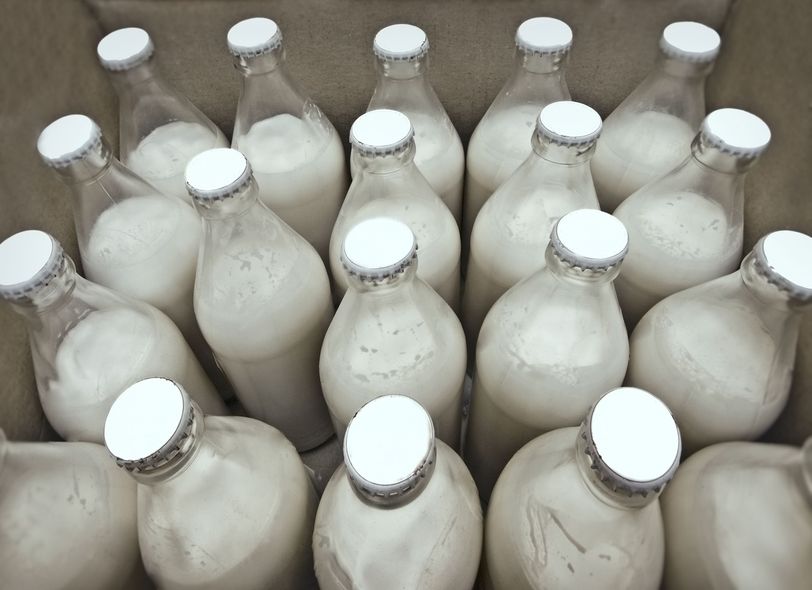Fake news is a 'health risk', nutrition experts warn

The spread of fake news delivered by the media is a health risk to consumers, nutrition experts have said.
Much of what consumers are exposed to concerning health by the media is 'biased, misrepresented facts, or completely fabricated,' they said.
The Dairy Council said today that all too often milk, cheese and yogurt are portrayed as unhealthy foods to be avoided, when they are in fact key elements of a healthy, balanced diet.
Azmina Govindji, an award-winning dietitian who specialises in communicating with the media, said: "Everyone seems to have an opinion on nutrition these days, and media headlines often lure the public into faddy eating, which can in some cases be potentially harmful.
"Dietitians and degree-qualified nutritionists base their advice on good published evidence and research.
"Fake news often quotes anecdotal evidence or misleading claims - don't get sucked into miracle cures and quick fix diets that suggest you cut out whole food groups, or that base recommendations on a single study.
"Check the credentials of the author - look for letters like RD or RNutr. after their name.
"Fake news shouldn't make news at all."
'Overwhelmed'
Diet and lifestyle experts came together in London today at the University of Westminster to attend a seminar organised by The Dairy Council addressing the cross-fire of the fact versus fiction debate which continues to surround dairy products.
The conference heard from Ms Govindji and Jason Squires, a leading expert in social media.
Gary Cosby, communities and content manager for The Dairy Council, said: "It’s even more crucial in this era of fake news and misinformation that the science and evidence-base on dairy is communicated through The Dairy Council’s social media outlets.
"The public are being overwhelmed with stories based on the opinion of non-experts and we must ensure that reliable and trustworthy information is out there about dairy, health and nutrition."








